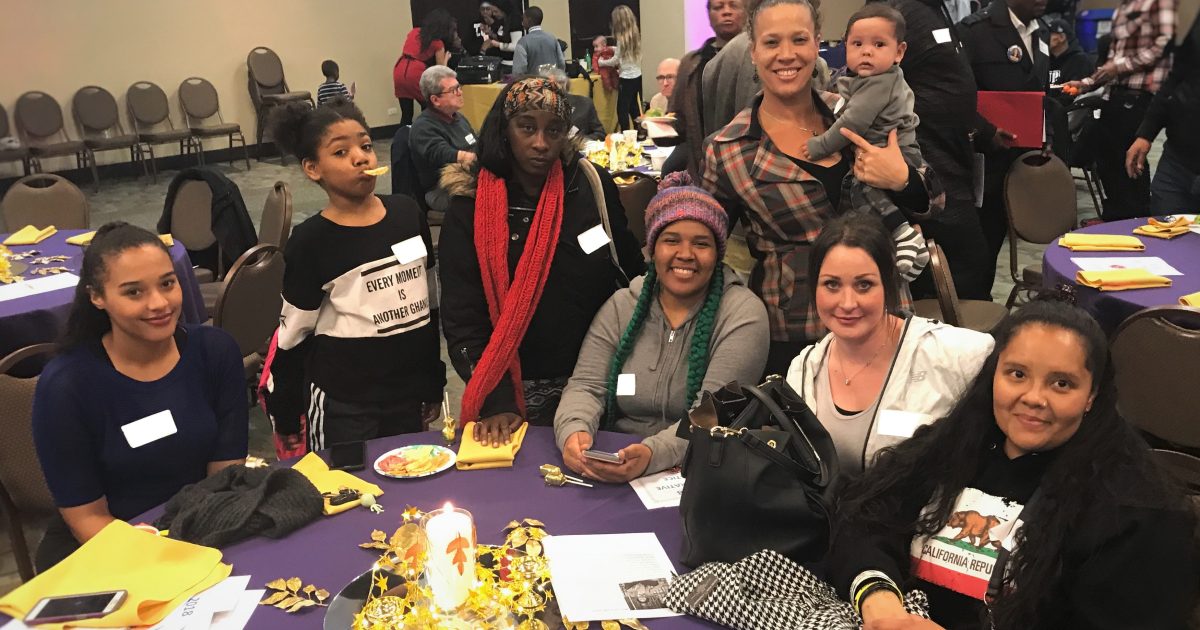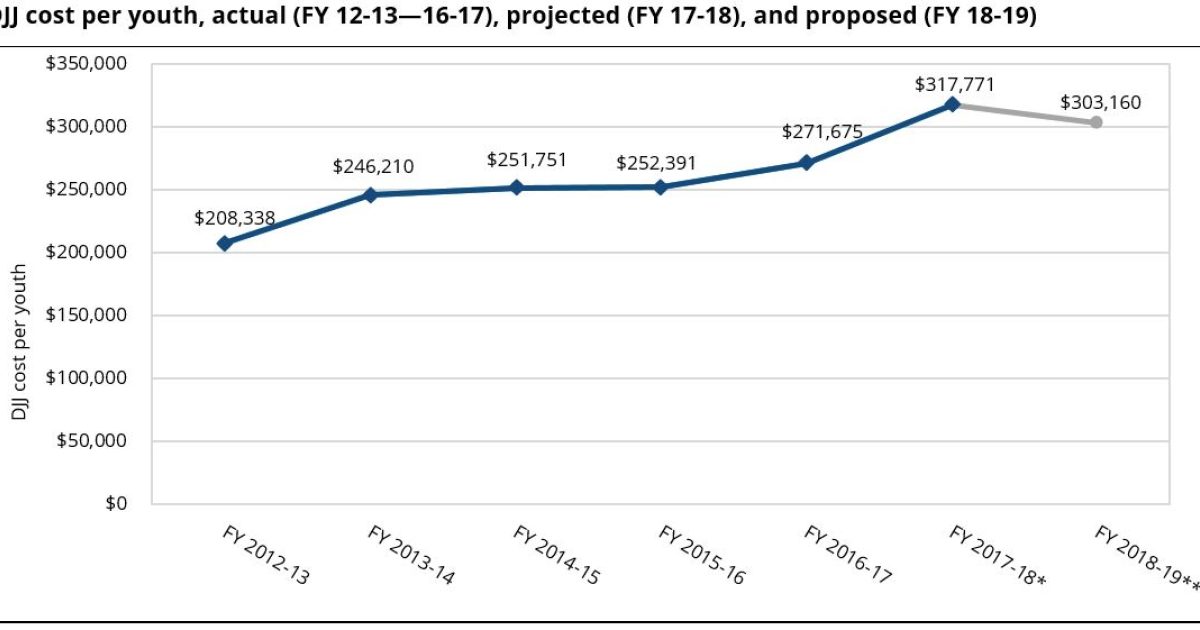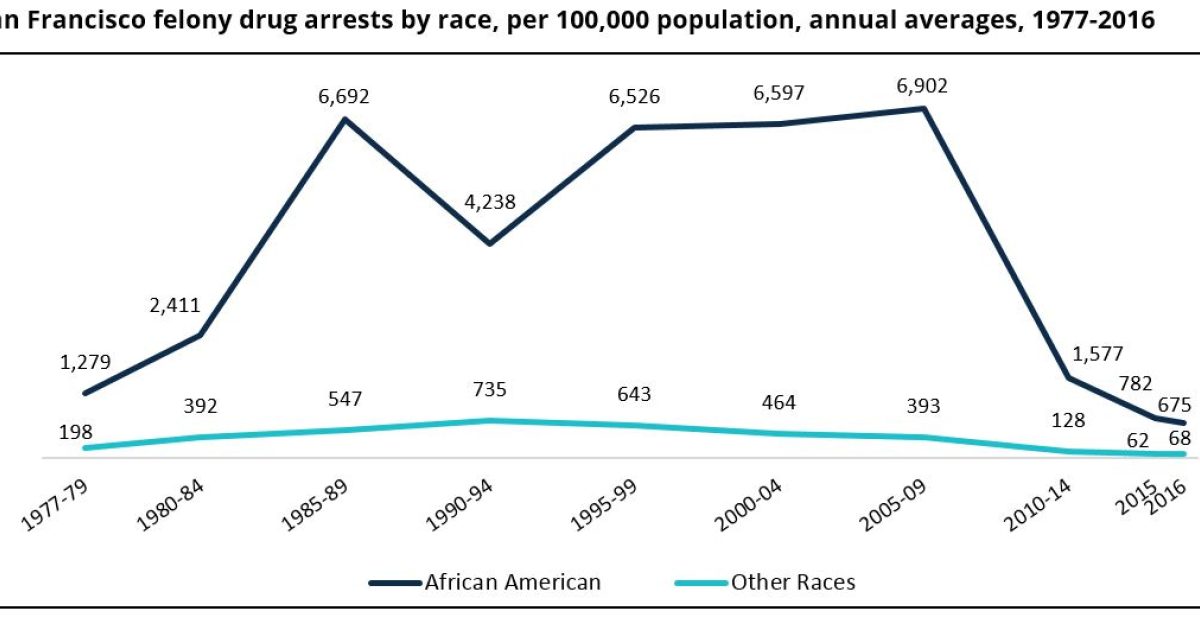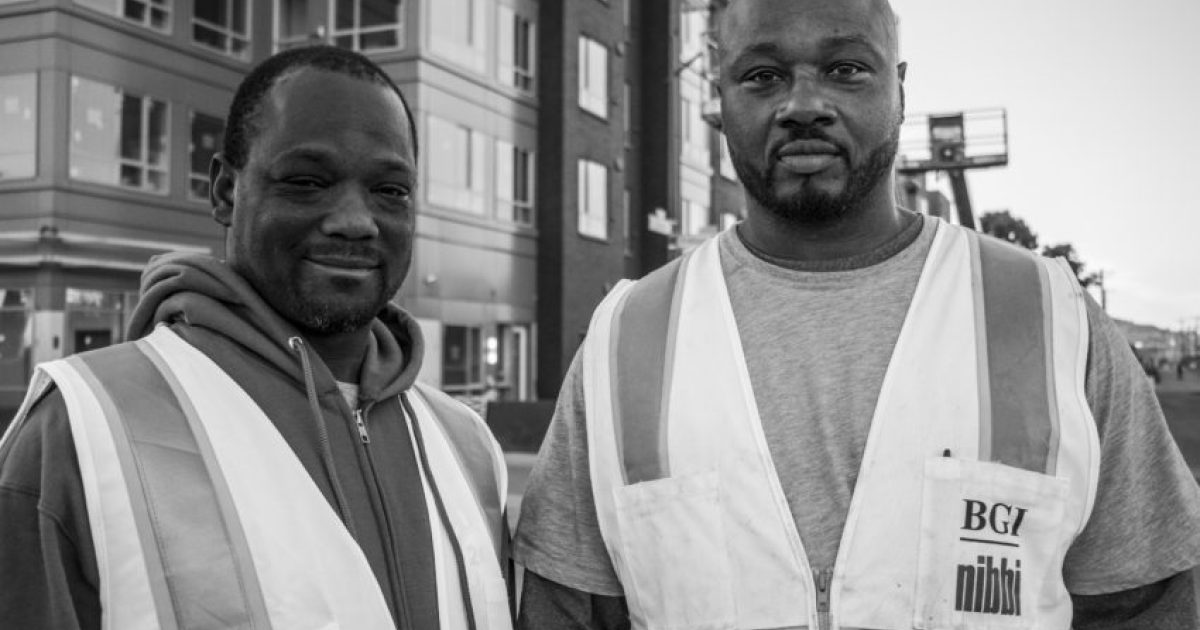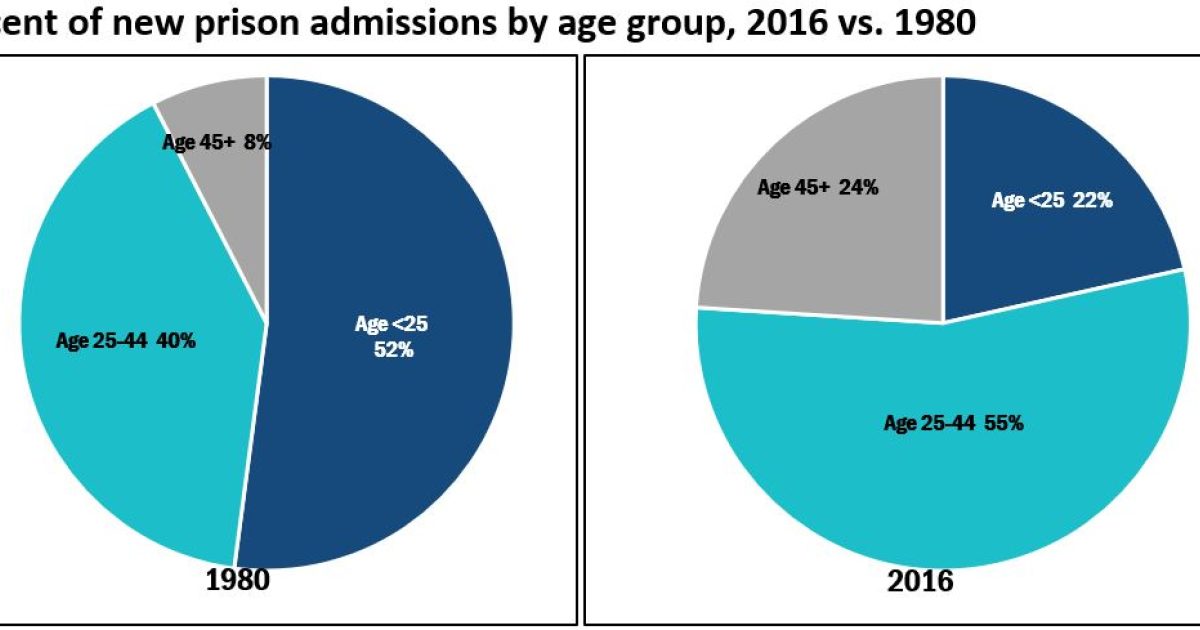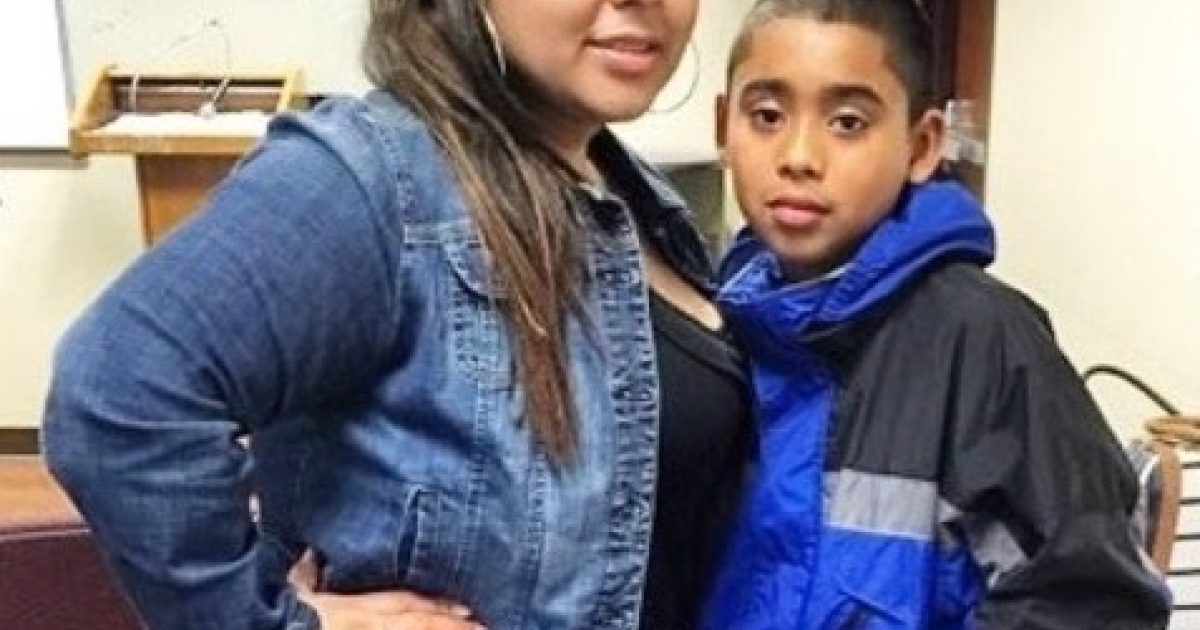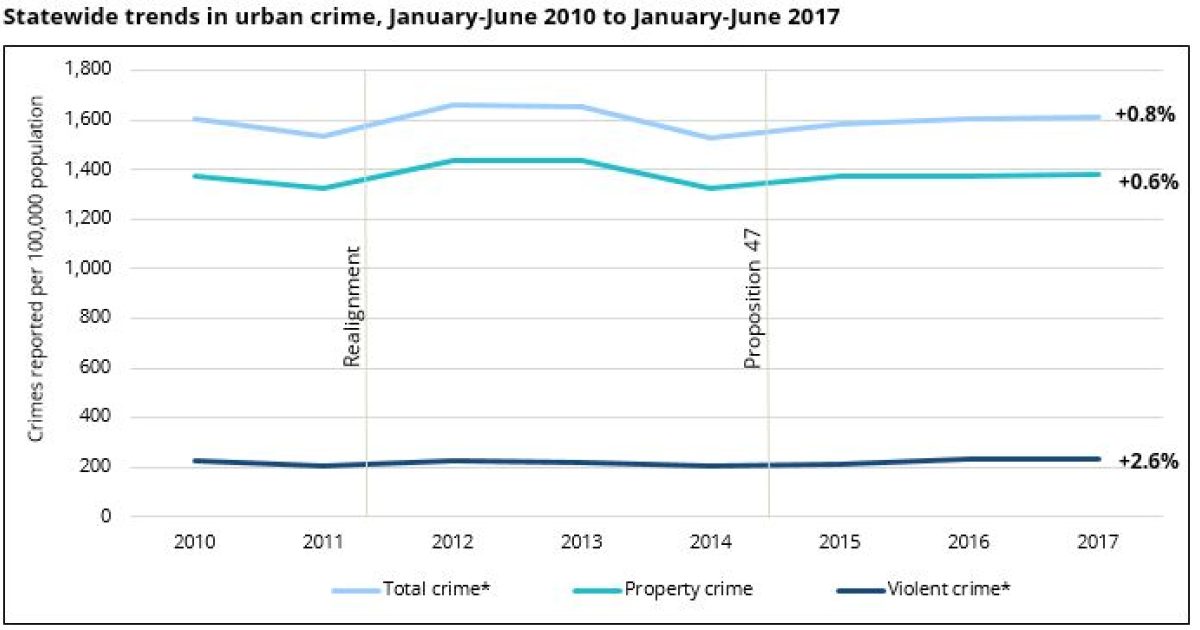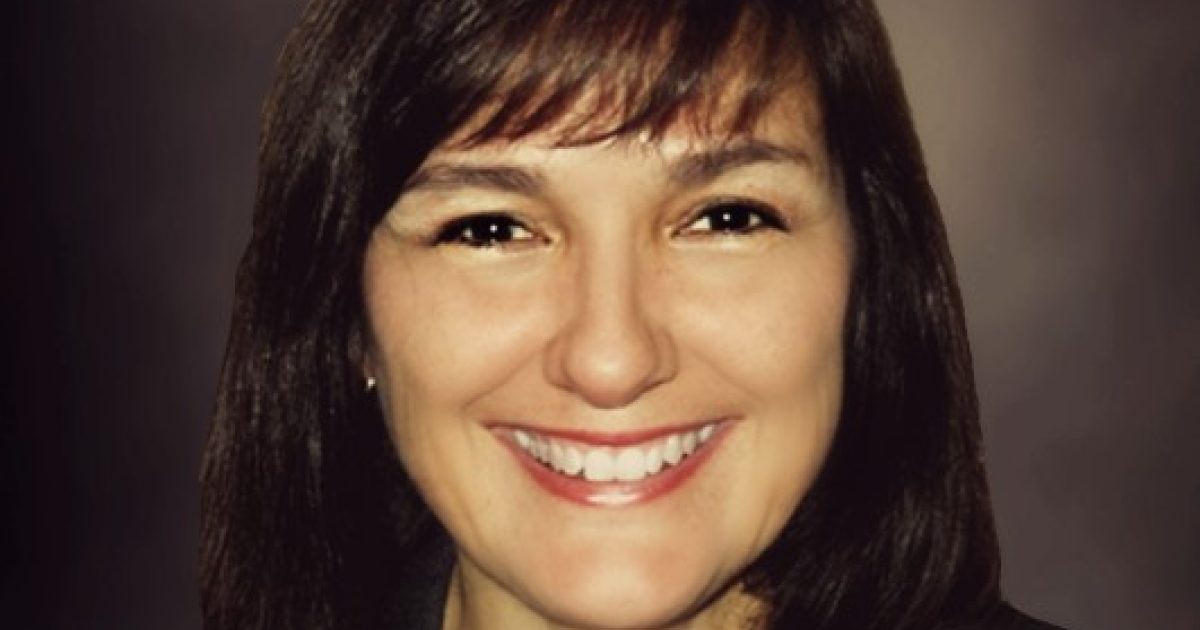The Chronicle of Social Change quotes CJCJ’s recent Fact Sheet on California’s Division of Juvenile Justice in an article on Governor Brown’s Budget Proposal for DJJ in FY 2018 – 19.
A new CJCJ fact sheet investigates rising costs at California’s Division of Juvenile Justice, Cameo House comes together at a Community Appreciation Dinner, and the policy team discusses San Francisco’s drug arrest trends at City Hall.
Publications Feb 27, 2018
New Fact Sheet: Costs Rise Amid Falling Populations at California’s Division of Juvenile Justice
A new CJCJ fact sheet finds that state spending at California’s state youth correctional system continues to rise despite continued reductions in its youth population.
Publications Feb 21, 2018
New Fact Sheet: Racial Disparities Persist Amid Large Drug Arrest Declines in San Francisco
A new CJCJ fact sheet finds that disproportionate felony drug arrests among African Americans in San Francisco continue during a period of drastic changes in the city’s drug policing and statewide drug policy reforms.
Blog Feb 14, 2018
Time Cannot Heal All Wounds
Over 95 percent of incarcerated individuals return to the community- what happens then? Rehabilitation, not time spent behind bars, stands at the center of their future success.
CJCJ in the News Feb 12, 2018
Breaking Ground: Two formerly incarcerated men rebuild their lives while rebuilding a Bayview public housing community
The Mission Local, a San Francisco-based newspaper, discusses employment barriers with CJCJ’s Director of Community-Based Services Gerald Miller.
Hundreds of thousands more youth are on the streets today, policed less than ever. Meanwhile, California crime rates hover near historic lows.
Cameo House resident transitions to independent living, new policy fact sheet finds stable urban crime trends amid justice reform, and CJCJ program helps a young man out of confinement and into the community.
Publications Jan 31, 2018
New Fact Sheet: Crime in California Cities Remains Stable Through Justice Reform Era (2010−2017)
A new fact sheet from the Center on Juvenile and Criminal Justice finds that, during a period of large-scale criminal justice reform, California’s urban crime rates remained stable.
Blog Jan 24, 2018
AB 109, Prop 47, and Prop 57 Are Safely Reducing the Prison Population, but Durable Public Safety Requires Further Cuts in Corrections Spending
Shifting California’s criminal justice priorities from punishment to prevention starts with the state budget.
Blog Jan 16, 2018
2018 – 19 Budget Proposal Would Expand California’s Youth Correctional System at a Time of Falling Populations
Governor Brown, in his final budget, has missed an opportunity to bring an end to the failures of DJJ. Now, state leaders must reject a proposed expansion of the facilities and invest, instead, in community alternatives.
Blog Jan 9, 2018
A Tribute to Carole D’Elia
On December 16, 2017, California lost Carole D’ Elia, a fine public servant and Executive Director of the Little Hoover Commission. We honor her life, her work, and her legacy.

